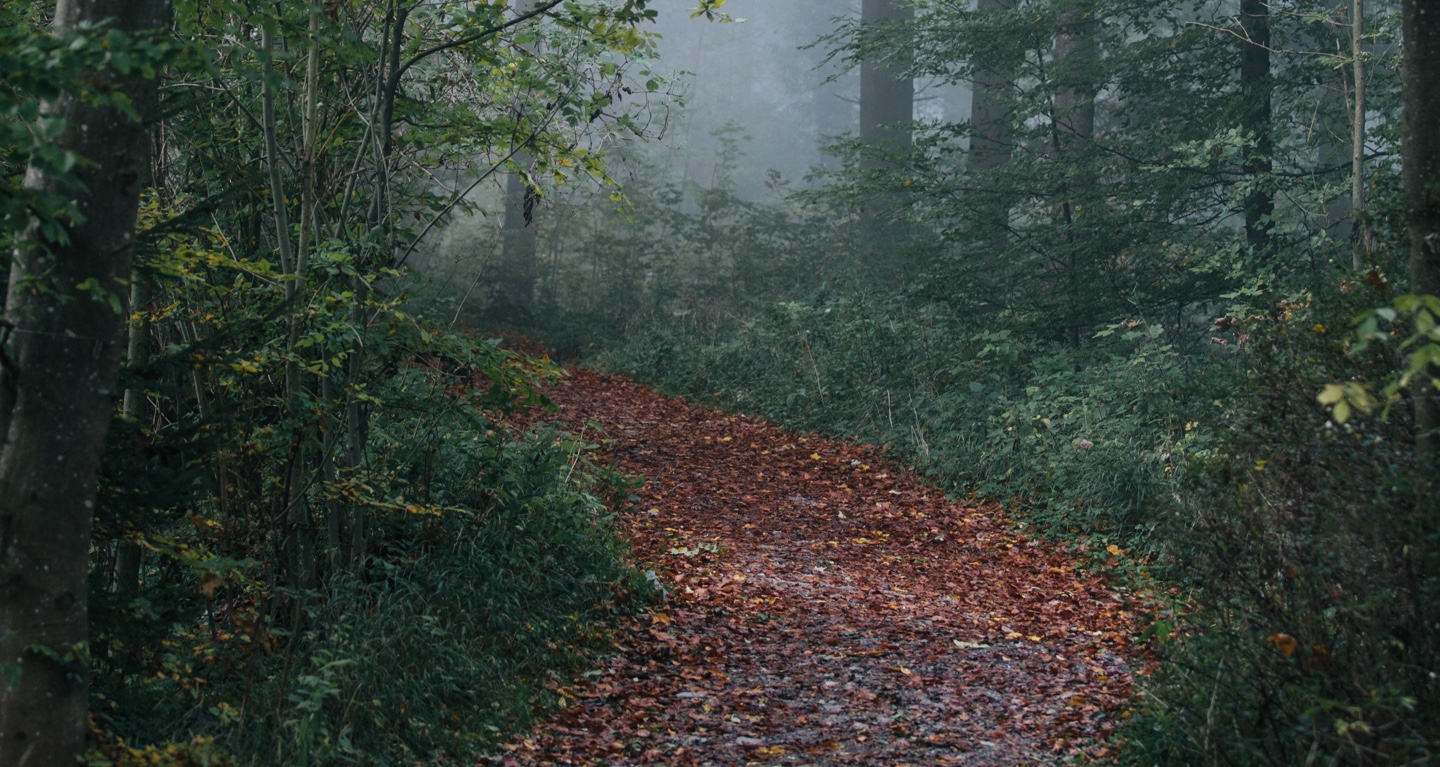Richard Wilbur is one of my favorite poets. This lovely remembrance by Christian Wiman articulates some of the reasons I love Wilbur so much. In short, for Richard Wilbur, creativity and productivity didn’t come from deep within the subconscious of the tortured artist, but from gratitude and wonder at a world he didn’t make. His gaze was outward, not inward.
What was revolutionary about Wilbur’s work, Wiman writes, is the light–in spite of the fact that Wilbur himself dealt with depression and addiction and the losses and hurts that we all deal with.
I recently spent a couple of hours at Ernest Hemingway’s house in Key West, Florida. Our tour guide lovingly told the stories of Hemingway’s drunkenness and self-indulgence and all the wreckage he left in his wake. I couldn’t help but wonder what would have happened if Hemingway–obviously a writer of towering ability–hadn’t spent so much of his creative energy on self-dramatization.
I know the story: that Hemingway (and all the other self-absorbed artists) needed the drama and the demons and the self-indulgence, that they wouldn’t have been able to create without all of it. I’m just not sure I believe it.
Wiman writes, “A poet who feeds on pathologies eventually becomes their food.” He could have been talking about Hemingway. Wiman goes on:
But the issue is larger than that. A culture, too, is a work of imagination, or a failure of it. We are meant to be in a golden age of the television drama, and perhaps we are. But just consider how thoroughly so many of these shows equate misery with authenticity, and how many rely on violence and degradation (usually toward women) to establish character and intensity…
Of course we need art to explore the darkest recesses of our lives and minds. But we also need art to tell us why this world is worth loving, and therefore saving… Praise, too, is part of any whole artistic and existential vision. Joy is one kind of courage.
Yes and amen. Joy is one kind of courage. And it does take courage to tell truer stories than the ones the world is telling.
In one of Richard Wilbur’s better-known poems, he compares the writer to a bird trapped inside a room, battering itself against the windows again and again until it finally finds the open window and the freedom of the skies:
The Writer
In her room at the prow of the house
Where light breaks, and the windows are tossed with linden,
My daughter is writing a story.I pause in the stairwell, hearing
From her shut door a commotion of typewriter-keys
Like a chain hauled over a gunwale.Young as she is, the stuff
Of her life is a great cargo, and some of it heavy:
I wish her a lucky passage.But now it is she who pauses,
As if to reject my thought and its easy figure.
A stillness greatens, in whichThe whole house seems to be thinking,
And then she is at it again with a bunched clamor
Of strokes, and again is silent.I remember the dazed starling
Which was trapped in that very room, two years ago;
How we stole in, lifted a sashAnd retreated, not to affright it;
And how for a helpless hour, through the crack of the door,
We watched the sleek, wild, darkAnd iridescent creature
Batter against the brilliance, drop like a glove
To the hard floor, or the desk-top,And wait then, humped and bloody,
For the wits to try it again; and how our spirits
Rose when, suddenly sure,It lifted off from a chair-back,
Beating a smooth course for the right window
And clearing the sill of the world.It is always a matter, my darling,
Of life or death, as I had forgotten. I wish
What I wished you before, but harder.
I need that poem right about now. I’ve been rearranging my work and life so that I can hunker down and write a book I’ve been meaning to write for eight years. I have often felt like that dazed starling. But I think I’ve gathered my wits enough to start thumping away at the glass again. I shall pray for more courage and more joy.
And I pray the same for you, friends and fellow writers. Here’s to more courage and more joy in 2019. And a lucky passage.
(If you want to discuss these ideas of joy and courage, pop over to Instagram.








